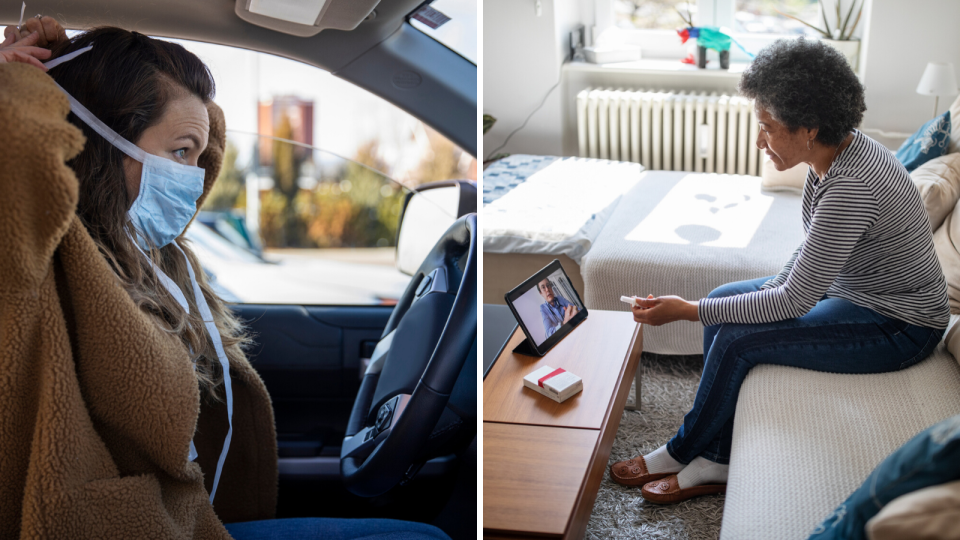How will the coronavirus affect women at retirement?

If there’s one good thing that’s come from the federal government’s superannuation early release scheme, it’s that more Australians are talking about their retirement money.
“We have seen a significant increase in calls and visits to our website so it has increased engagement around superannuation and hopefully that continues,” said Colonial First State’s general manager of product and marketing Kelly Power.
The theory has always been that if you can increase engagement around superannuation, then by default it should also help to increase account balances through more top ups and admin tidy ups.
More from Financy: 'Lipstick effect' telling us Aussie women are not okay
More from Financy: What women should do with money in their 20s, 30s, 40s, and 50s
More from Financy: How to get your boss to say 'yes' to a flexible working arrangement
But superannuation has never been that easy.
Now a challenge is brewing particularly among Australian women, many of whom are at risk of facing greater financial insecurity because of job losses and the early release scheme.
“There is no certainty for women to be able to rebuild their super in the current environment,” warns SuperRewards chief executive Pascale Helyar-Moray.
The average Australian woman has only $45,000 in her superannuation account while the average man has $65,000 according to the median account balance reported by the Australian Bureau of Statistics for the 2017-18 financial year.
There are two reasons to be concerned about these numbers right now.
Firstly, those numbers are pretty much the exact amounts needed to cover a person’s minimum retirement financial for one year – let alone the years in between 67 to 85 (averages for both retirement age and life span.)
Secondly, if a person withdraws $20,000 of their super under the government’s early release scheme, that’s a big chunk of their retirement nest egg gone. For many women it’s half of their super.
New research conducted through a survey of over a 1000 people by investment management firm Challenger found that 83 per cent of women over the age of 40 were now more concerned with their financial security, and 81 per cent were particularly concerned about their income through retirement.
“The adequacy of women’s superannuation savings will likely emerge as an even bigger issue as a result of COVID-19,” said Power.
“As an industry this is something that is concerning for us.”
How women can shore up their super
What’s needed is an incentivised plan, perhaps with super fees on pause or pro-bono advice, to help people rebuild their superannuation in a post COVID-19 world.
In the absence of that, Power says there are three simple strategies that can help women to rebuild their super now:
Awareness and understanding. Identify how much you will need for the future and to live a comfortably and dignified in retirement. There are some good tools that allow you to do this such as ASIC’S free Money Smart website. They have a bunch of handy calculators.
Understanding what eligibility you might have for government support measures such as spousal contributions or the government’s co-contribution payment. The government has a co-contribution to help those that have earned less than $37,000.
Top up your super. If possible, making a small super top up of even $10 a week by salary sacrifice can make a real difference over the long term and how much money you have in retirement.
Bianca Hartge-Hazelman is the author of the Financy Women’s Index and founder of women’s money website financy.com.au. She is also a proud contributor and supporter of Yahoo Finance’s Women’s Money Movement.
Follow Yahoo Finance Australia on Facebook, Twitter, Instagram and LinkedIn.

 Yahoo Finance
Yahoo Finance 
